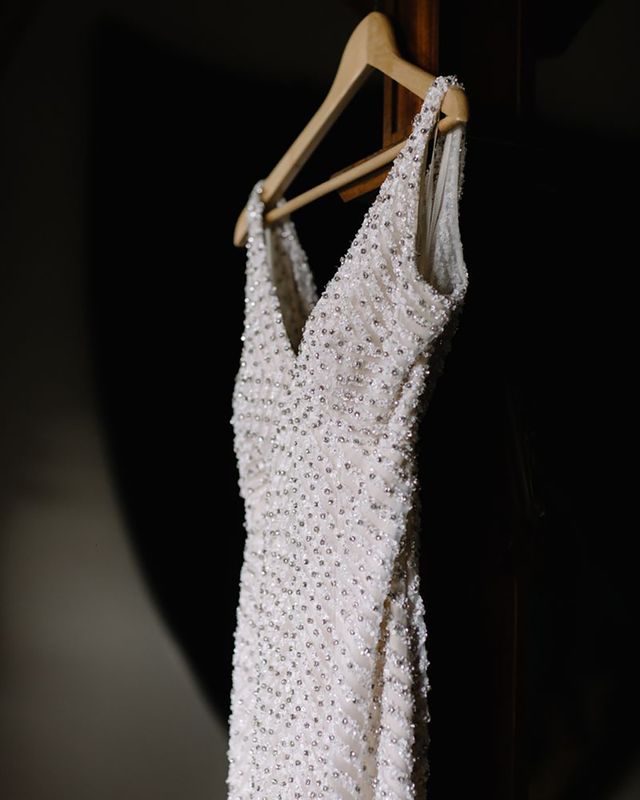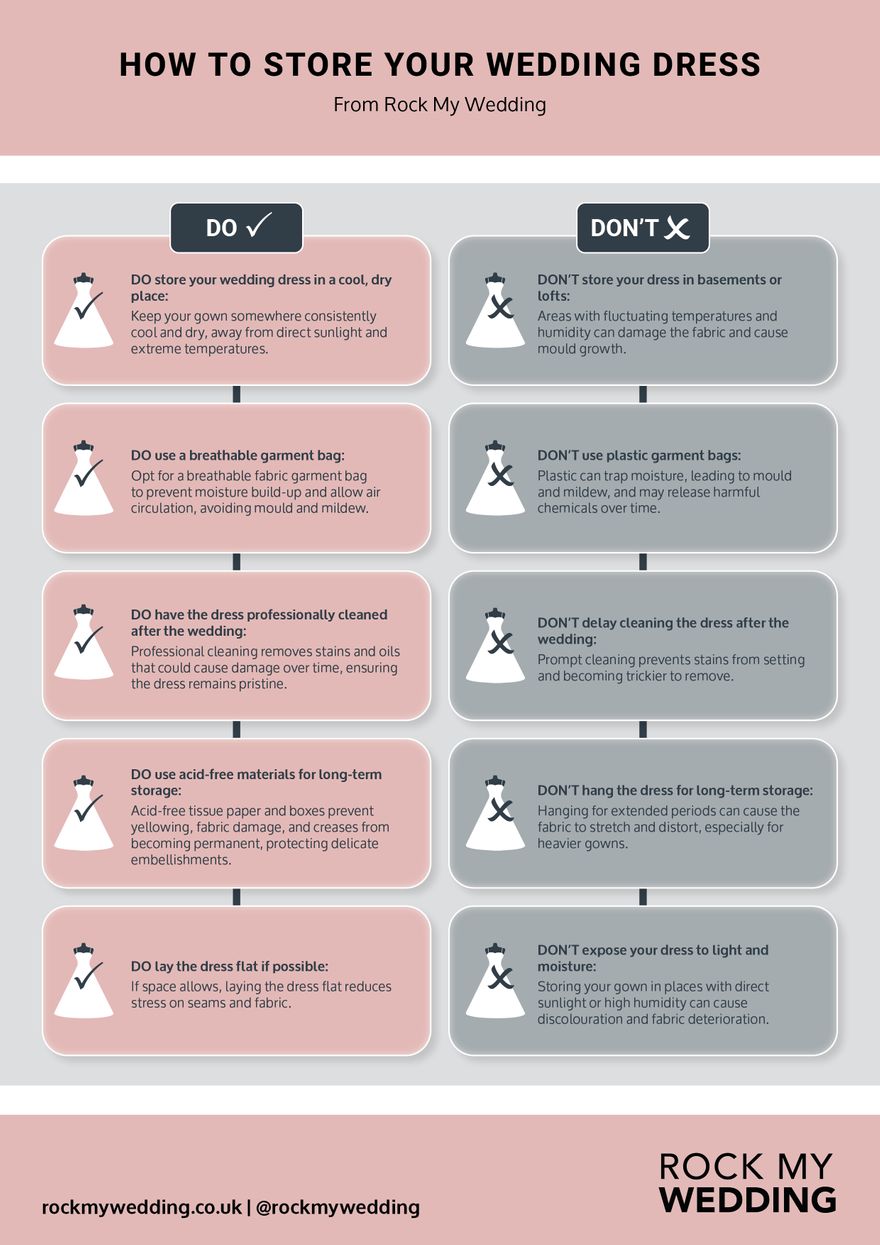Wedding Dress Silhouettes: Finding the Best Styles for Your Body Type



how-to-store-your-wedding-dress-dos-and-don'ts
How to store your wedding dress
Always store your wedding dress the right way with our must-know dos and don'ts
Download the ultimate guide to storing your wedding dressStoring your wedding dress: Dos and Don'ts Summary